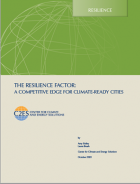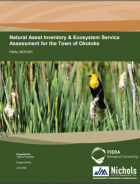Natasha Page, Waste Reduction Specialist for Alberta ESRD, discusses organics and waste generation in Alberta.
Alberta wastes more organic matter than any other province, especially during boom years. This waste gets sent to the dump and contributes to greenhouse gases, instead of being reused. A better option is to compost food waste, instead of taking it to the dump, so the soil can become enriched. Natasha says, "we need to change from a linear structure to a cycle for organics".
Food waste can be dealt with in two different ways, to create energy or compost. Transferring waste to energy can be done through systems such as gasification, whereas an end product such as compost can be done through vermicomposting. In either case, food waste would be transferred to a useable and valuable product or service. This would shift a linear path to a circular. For example, composting would change the food system from: growing food, eating food, throwing out food waste, transferring it to the dump, and generating greenhouse gasses, to this: growing food, eating food, composting food waste, using compost to improve the soil, and growing more food.
Compost improves soil quality, which allows for more diverse plant growth and enables healthy landscapes. Page discusses the Soils for Salmon program based out of Washington, as an example of an effective city-wide program to improve soil quality. The purpose of the program is to better manage the soil so there is no longer enough damage from the run off into the rivers to damage the population of Salmon. This project includes adding trees, bushes and plants and improving the quality of soil so there is less run-off and the run-off that occurs has been purified by the soil before entering streams. They focused on a specific outcome, not general waste reduction, and the project was very successful.
This presentation was a part of the Alberta Institute of Agrologists, Tenth Annual Banff Conference, in April, 2014.





